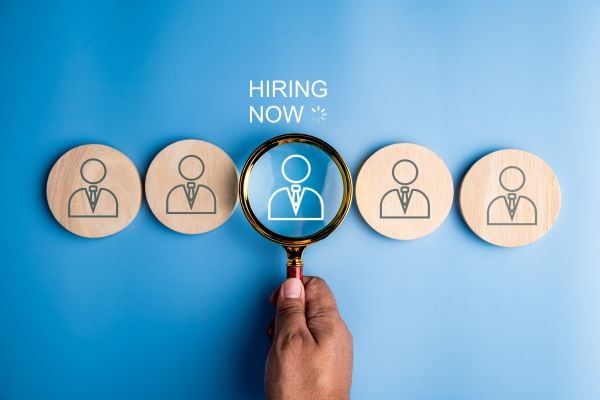When people talk about sports, you commonly hear people refer to athletes as “in their prime.” This means the athlete is in the most productive years of their career. When they hold the most value and offer maximum performance for their organization.
Men are often referred to as in the prime of their careers in their 40s and reach their peak financial prime (earning potential) when they are in their mid-50s.
But what about women?
Many companies tout they are investing in diversity, equity, and inclusion (DEI) programs. So, you’d think the treatment of women in the workplace would be improving. Unfortunately, it’s not improving as quickly as you’d think.
According to new research, women seem to always be the wrong age and don’t have a prime age. Our Toronto legal recruiters found the results of the research by Harvard Business Review interesting and worth sharing. Below, we discuss how women face employment discrimination at every age and career stage. Then we’ll take a look at where women in the workplace stand in 2023.

Research Finds There is “No Right Age” for Professional Women
According to the research, there was no right age for women to take on a leadership role. They are discriminated against at every step of their career.
“Any age can be stigmatized by supervisors and colleagues to claim that the woman is not valued or is not a fit for a leadership role,” says report authors Amy Diehl, Leanne M. Dzubinski, and Amber L. Stephenson.
The report breaks down the type of discrimination women face at different stages of their careers:
Gendered Oldism
As women age, they become less valuable. They are not viewed as wise or wisdom providers as their male counterparts. They are viewed as outdated and their viewpoints are not taken seriously.
Gendered Youngism
Women who were either young or looked young were often not taken seriously. They are commonly referred to by pet names. They are frequently mistaken for students, interns, and other entry-level positions. Women are viewed as inexperienced.
Gendered Middle-ageism
While middle-aged men are often thought of to be in their prime, women are not. They are viewed as distracted or too family-focused.
These forms of age discrimination make it very challenging for women of any age to be taken seriously and get the recognition they deserve. This quote accurately sums up the type of challenges women face at every age and career stage:
“We are too young to be responsible or to supervise. This lasts into our mid- to late-thirties but does not for men. (Perhaps they are waiting to make sure we don’t have kids). Then in an instant, we are too old to be hired for anything or anywhere new. Once again, men are still “young enough” at the same age…. Women are young or old, we get no prime time even if we aren’t out for childbearing or rearing.”
So, where does this leave women? According to the Women in the Workplace 2023 report by McKinsey and Company, even though women have greater ambition than ever, representation in the workplace is not keeping up.
The Current State of Women in The Workplace in 2023
According to the report, “Sixty percent of companies have increased their financial and staffing investments in diversity, equity, and inclusion over the past year. And nearly three in four HR leaders say DEI is critical to their companies’ future success.” However, the numbers are only showing marginal improvements for women.
Compared to 5 years ago, women have seen a 0% to 6% increase in representation at different career levels:
- Entry level: 48% representation – no change
- Manager: From 38% representation in 2018 to 40% in 2023
- Senior manager/director: From 34% to 36%
- Vice president: From 29% to 33%
- Senior vice president: From 23% to 27%
- C-suite: From 22% to 28%
There is Still Work to be Done
Even with more emphasis placed on diversity in the workplace, issues persist. There is no “prime age” for professional women, in contrast to the recognition men receive. Women encounter discrimination at every stage of their careers, with age-related stereotypes, including “gendered oldism,” “gendered youngism,” and “gendered middle-ageism” affecting their perceived value and capabilities. Despite efforts to promote diversity, equity, and inclusion in the workplace, there are only marginal improvements in women’s representation at various career levels compared to five years ago, showing the persistence of gender-based disparities. There is still a lot of work to be done by organizations to improve the representation of women.
More From Our Toronto Legal Recruiters
Career Progression for Women in Finance Significantly Longer Than Men: ACCA Study
Are “Lazy Girl Jobs” a New Trend or Just Work-Life Balance Rebranded?
Women in the Workplace Study: There Is STILL Work to Be Done!




